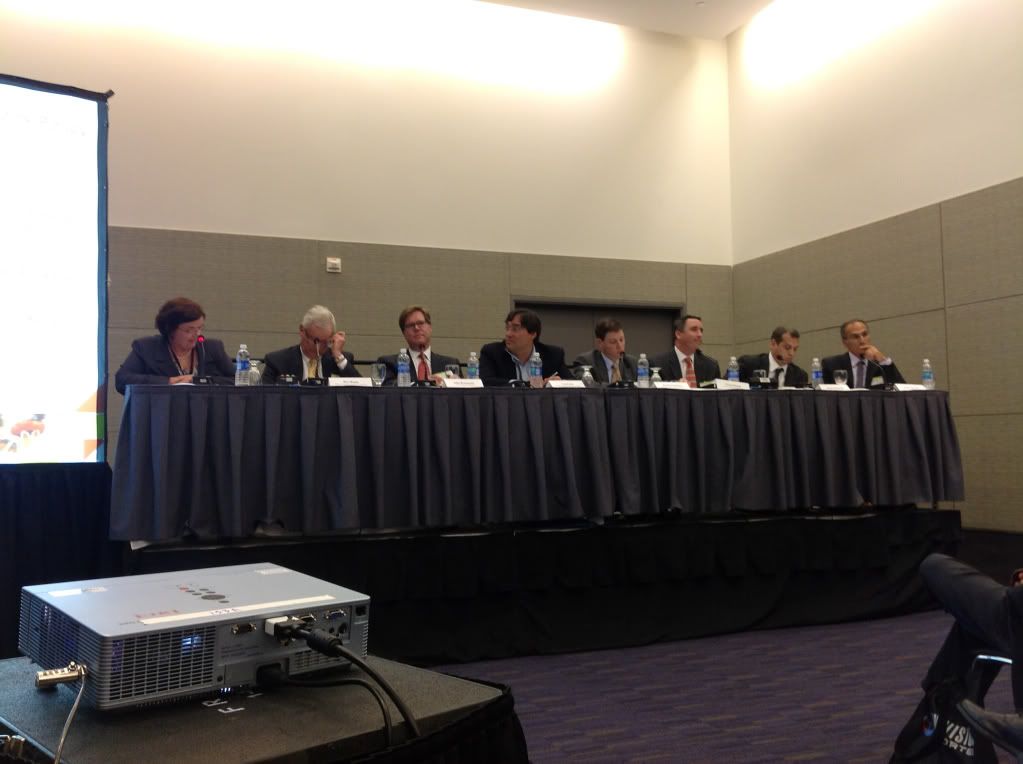On the heels of FCC Chairman Julius Genachowski's boast that not a single complaint has been filed under the agency's Open Internet or net neutrality rules, a small Georgia broadband and VoIP competitor has filed what could be the first formal net neutrality complaint under the new regs. L2 Networks, a small competitive voice and broadband provider in Albany, Georgia, filed the complaint at the FCC challenging actions taken by the Director of Telecommunications at The Albany Water Gas & Light Commission (AWGL), a regional utility and fiber-optic based competitive local exchange carrier.
L2 claims that it was forced to file the complaint because AWGL's Director of Communications (who is cited by name many times in a series of documents posted by L2 on its complaint summary page) has consistently interfered with the company's ability to deliver VoIP service to an unnamed mutual customer over AWGL's fiber optic network. Among the steps this employee has taken are barring L2's access to its own facilities and entering L2's facilities without permission.
Another big impetus for filing the complaint at the FCC: AWGL has filed a criminal complaint against L2 alleging theft-of-service in Dougherty County, Georgia. The claim against L2 states L2 should have compensated the utility for use of their fiber-optic internet infrastructure while delivering services over the utilities “internet backbone” to existing internet customers of the utility. L2, however, says that the criminal complaint is even further proof a net neutrality decision is warranted. "The manipulative use of the criminal legal system to create an anti-competitive environment and otherwise remove the local competition, is 'far reaching' at best,” L2 said in its press release announcing the filing.
Telecompetitor's Joan Engebretson, meanwhile, points out that the utility's theft-of-service complaint against L2 follows other theft of service complaints against the company's CEO. In January, L2 CEO Kraig Beahn was charged in January with stealing service from cable company Mediacom by tapping into a Mediacom outlet and running the signal into a client’s building for phone service. In 2009, Beahn was also charged with theft of service in Alabama, according to the Herald, but those charges were dismissed when Beahn agreed to pay $5,000 in restitution.
In addition to this history, the whole dispute is ripe with colorful skirmishes and flourishes. For example, a tussle is underway over L2's desire to gain access to AWGL documents under FOIA (AWGL is a municipally owned utility that is regulated by the Georgia PSC). AWGL agreed to give up the documents, but only if L2 agreed to pay $9,850 in search and retrieval costs. A March 8 meeting had been set by AWGL's General Counsel for L2 to look at the documents, but L2 didn't show up.
No reaction from the FCC on this potential landmark complaint.







